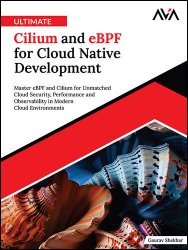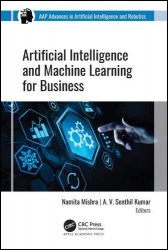- Добавил: literator
- Дата: 27-02-2025, 09:24
- Комментариев: 0
 Название: Cooking up the web with HTML and jаvascript
Название: Cooking up the web with HTML and jаvascriptАвтор: Tom Henricksen
Издательство: Reedsy
Год: 2024
Страниц: 123
Язык: английский
Формат: pdf, epub, mobi
Размер: 10.1 MB
This is broken into three pieces. Our first stop is with HTML basics. We also cover HTML5 changes that are quite helpful. Then we discuss tables, divs, and spans to wrap up our first section. jаvascript basics are second. Covering topics like variables, functions, and conditionals. We also cover loops and closures too. Then in the third part, we delve into more advanced topics in jаvascript. Starting with objects, arrays, Type Conversion, and Coercion. Next, we cover complementary topics like numbers, strings, equality, and the arrow functions. As I have learned jаvascript over the years in fits and starts this compilation is of some of the fundamentals. The numerous changes that came with ES6 have shifted things. I cover the spread and rest operator too. I have found some of these things more challenging. So I took the time to add some additional resources for you.









